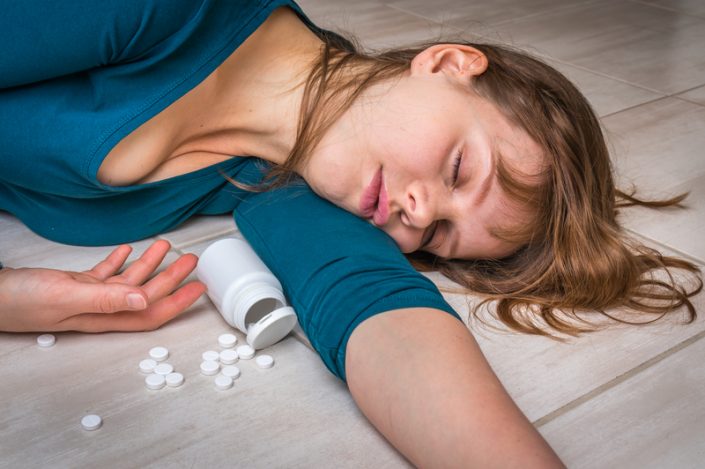Substance abuse is rampant in developed nations as well as developing nations. Ongoing addiction can be devastating, and recovery can be a daunting and discouraging process. But I want to start this article on a hopeful note. According to Safe Harbor, “There’s a long process to recovery, and it begins with admission.” This is consistent with scripture, which tells us that “whoever conceals their sins does not prosper, but the one who confesses and renounces them finds mercy” (Proverbs 28:13).
As distressing as ongoing addiction can be, the worst-case scenario is an overdose. Overdose situations happen fast, and they can kill in a matter of minutes. If you suspect that someone has overdosed, you must act quickly. Knowing what to do ahead of time will help you to work effectively if you ever encounter this situation in the future.
Opioids

Opioids are commonly used for pain management, but a normal prescription can quickly devolve into an addiction and an overdose. A person who has overdosed on opioids such as hydrocodone may exhibit a wide range of symptoms, depending upon the substance involved. Opioid intoxication victims typically will move very slowly, if at all. They may slump over. Speech may be slurred. Breathing may be severely impaired. The eye pupils will look like tiny pinpoints. Their skin may be pale or even blue. If you suspect it’s an opioid, do the following:
- Stay calm
- Delegate someone (ideally 2 people) to call 911, or call yourself if nobody is available
- Check to see if the patient is breathing
- If not, administer CPR (compressions only — no mouth-to-mouth)
If you can’t do CPR, make sure the victim is turned on one side while you wait for help. This will help prevent aspiration of stomach contents into the lungs in case the victim vomits. Opioids kill by severely suppressing breathing centers in the brain. An average person will take about 20 breaths per minute. You can count the victim’s breaths by watching their chest rise and fall for one minute. This will help you determine just how severe the situation is.
Some states allow citizens to carry naloxone, which is the antidote used to reverse opioid intoxication. It comes in the form of tubes. The contents are squeezed into each nostril. If someone close to you is abusing opioids, you may want to look into getting a naloxone kit if you can. It may well save a life.
Stimulants

Someone who has taken an overdose of a stimulant, such as cocaine or amphetamine, will display dilated pupils, agitation, and rapid speech. They may have seizures. Sometimes they may behave very aggressively. They may have a high fever and chest pain as well.
Call 911 immediately. Try to calm the person and assure them that help is on the way. Acute stimulant overdose can kill just as surely as an opioid overdose can.
Barbiturates

Although not as common, barbiturate intoxication can occur. When it does, it’s very, very dangerous. Barbiturates typically have narrow therapeutic dose ranges, which means that the difference between a dose that will induce sleep and one that will kill isn’t much. Victims will be very, very sleepy. They may not be conscious at all. Call 911 and then administer CPR if you can. If not, be sure the victim is turned on their side. Vomiting is highly likely. Unfortunately, there is not a specific antidote for this type of drug poisoning. A hospital can provide supportive care and possibly save the person’s life.
These suggestions will give you some idea of the actions to take should you encounter a drug intoxication situation. Education is the first step to preparation, and preparation saves lives. Proverbs teaches us to “Have no fear of sudden disaster or of the ruin that overtakes the wicked, for the LORD will be at your side and will keep your foot from being snared” (Proverbs 3:25-26). Act quickly. Remember that every second counts.


